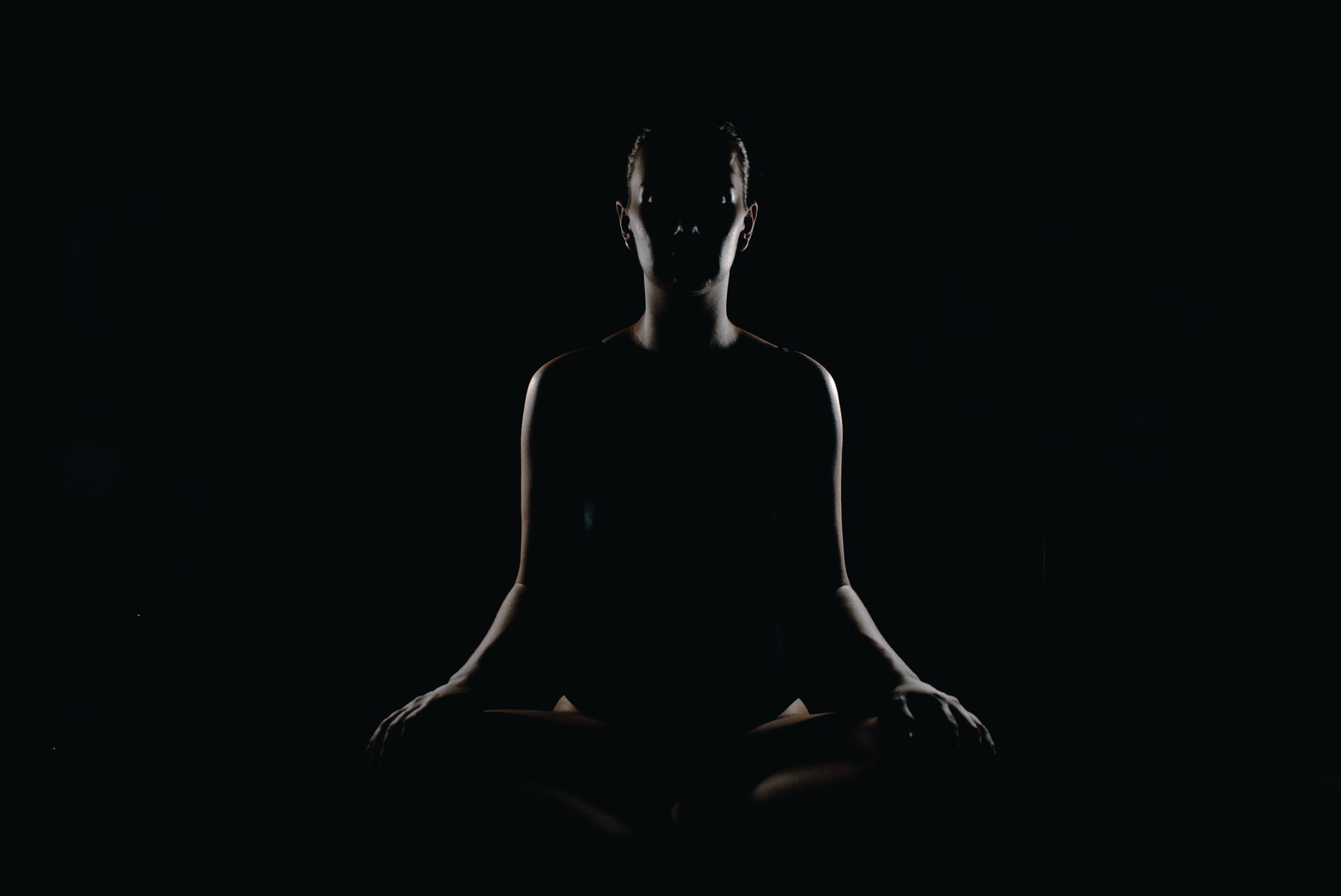If you’ve thought meditation is an intimidating and strange practice, prepare to be wowed by it’s benefits and ability to create some absolute chill time.
Breathe in… Breathe out. And repeat. Seems simple, right? But meditation is a bit more complex than sitting with your legs crossed and eyes closed. While those may be the physical aspects of this wellness activity, there’s a lot more going on inside the body and mind – and that’s where all the incredible benefits come in.
Meditation Station
So, what exactly is meditation? ‘It is the habitual process of training your mind to focus and redirect your thoughts,’ says Dr Matthew Thorpe, all to promote self-awareness, be in the present and find a positive outlook on life. ‘Meditation’, derived from the Latin term meditatum (meaning ‘to ponder’), has been around for thousands of years and is said to have originated in India. But it’s been seen in many cultures – and it’s no wonder, because it has a range of scientific and spiritual benefits to offer the body and the mind.
Find Your Centre
The method is simple: Find a comfortable position, close your eyes, focus on really deep breathing and zone in on your thoughts. It’s been shown that only a few minutes of meditation a day can have profound effects on your life. One of the main reasons why so many people take part in this activity is for stress and anxiety relief. ‘Mental and physical stress can cause increased levels of the stress hormone cortisol, which then leads to the harmful effects of stress, such as the release of inflammation-promoting chemicals called cytokines,’ explains Dr Thorpe. Studies done on meditation showed a decrease in the inflammation caused by stress. ‘Research has shown that meditation may also improve symptoms of stress-related conditions, including irritable bowel syndrome, post-traumatic stress disorder and fibromyalgia,’ adds Dr Thorpe.
This is particularly effective for those people with super high-stress jobs and those who suffer from anxiety disorders. Meditation is a really good way to relieve anxiety-inducing thoughts and practise how to control them.
Full-Body Experience
While the mental benefits are definitely something to rave about, meditating can lead to physical changes as well. A few minutes of meditation before bed can allow for a deeper sleep, while the calmness can help lower blood pressure. ‘In part, meditation controls blood pressure by relaxing the nerve signals that coordinate heart function, tension in your blood vessels and the fight-or-flight response that up your alertness in stressful situations,’ says Dr Thorpe. In addition, meditation can help with pain management. ‘Pain, and your perception of pain, is connected to your state of mind, and it can be elevated in stressful conditions,’ says Dr Thorpe. When you meditate, you’re able to focus your mind and change your perception. Various studies have shown that patients who meditated experienced less pain than those who didn’t meditate.
‘Trying a style of mediation suited to your goals is a great way to improve your quality of life, even if you only have a few minutes to do it,’ says Dr Thorpe.
Into The Water
New-age technology has created interesting ways to. enjoy meditation. One of them is flotation tank therapy – also known as sensory deprivation tank therapy or isolation tank therapy. Imagine taking a step into a small pod with epsom salt water that matches your body temperature. The lid closes and it’s completely dark and silent inside. It may sound like something out of a horror movie, but it’s actually a form of water therapy aimed at deep relaxation. Called restricted environmental stimulation therapy (REST), this is where you are cut off from outside distractions to achieve proper focus and a deep meditation.
Quiet Time
One of the most important aspects of mindful meditation is silence. Modern lifestyles are extremely busy and filled with noise from every angle. ‘The external commotion of our environment combined with the inner chatter of the mind leaves little room for us to truly experience silence,’ explains Jen Nicomedes Stone, founder of Feng Shui by Jen and an International Feng Shui and Destiny consultant.
Many of us shy away from silence and fill it with music or conversation. But Jen says this is harmful and a sign that we may be unable to truly find silence. ‘We should all learn to unmask all the noise by deliberating and consciously making an effort to create silence,’ says Jen, ‘In so doing, we can help remove anxiety from our environment, recharge our batteries, and create peace.’
Words: Taryn Wilson | Photography: Unsplash







